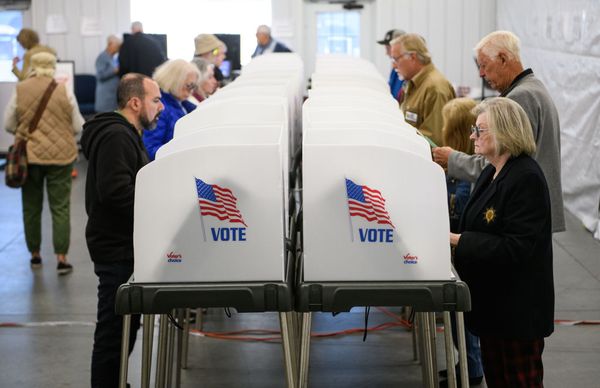
The U.S. Government has given the nod to AI tools from OpenAI, Google (NASDAQ:GOOG) (NASDAQ:GOOGL), and Anthropic, marking a significant milestone in the Trump administration’s drive to increase AI utilization in federal agencies.
GSA Clears AI Tools To Boost Exports, Cut Red Tape
The General Services Administration (GSA) has included these AI tools on its list of approved vendors as part of its recently unveiled AI blueprint. The initiative aims to streamline environmental regulations and significantly expand AI exports to U.S. allies, reinforcing the country's technological advantage over China, reported Reuters.
The GSA’s decision means that approved AI tools will now be accessible to federal agencies through a platform with standardized contract terms. According to the GSA, agencies will be able to explore a broad spectrum of AI solutions—ranging from basic research assistants using large language models to advanced, mission-specific applications.
The GSA also emphasized its commitment to AI models that uphold “truthfulness, accuracy, transparency, and freedom from ideological bias.” This represents a notable shift from former President Joe Biden's "high fence" strategy, which had enforced tighter global restrictions on access to advanced AI chips.
Musk's xAI’s Pentagon Deal Win Opens GSA Access
This development follows Elon Musk’s xAI’s announcement of introducing its AI model Grok for government uses, after securing $200 million defense contracts from the Pentagon.
The company also revealed “two new partnerships” with the U.S. government, including a defense contract from the Pentagon and xAI products “being available to purchase via the General Services Administration (GSA) schedule,” which enables federal agencies and departments to buy authorized products.
Trump's AI Action Plan Focuses On Chips, Rules, Reach
Since taking office in January, President Donald Trump has made AI a central focus of his agenda. On July 23, he revealed new details of an "AI Action Plan," which he claims will help the U.S. in “Winning the AI Race.”
According to Wedbush analyst Dan Ives, the AI Action Plan is expected to concentrate on three core areas: developing AI infrastructure, establishing regulatory frameworks, and expanding global influence. Ives noted that accelerating the deployment of U.S.-made AI chips to allied nations and loosening regulations for data center construction are likely to be key components of the plan.
READ MORE:
Image via Shutterstock
Disclaimer: This content was partially produced with the help of AI tools and was reviewed and published by Benzinga editors.







